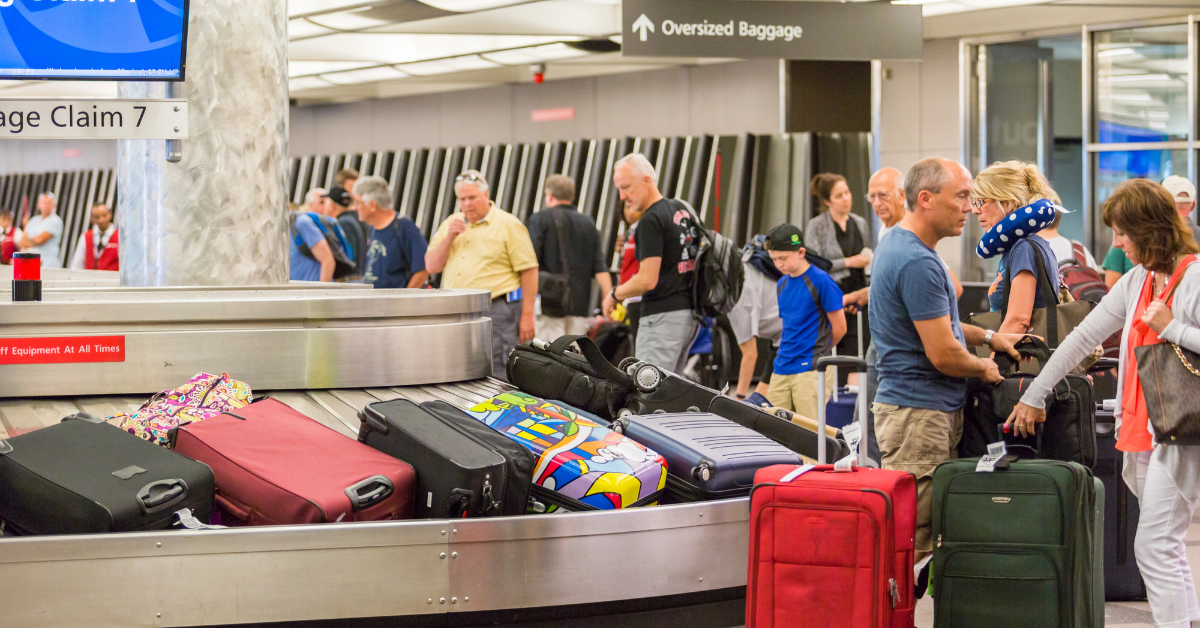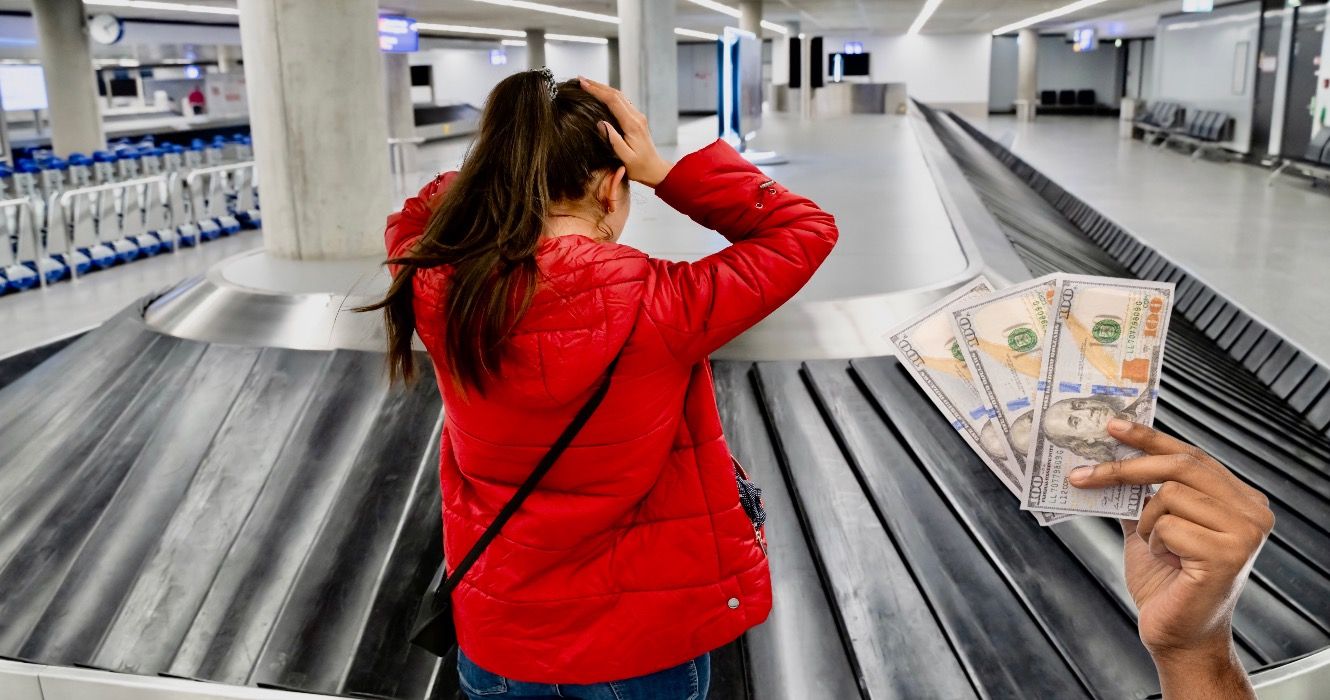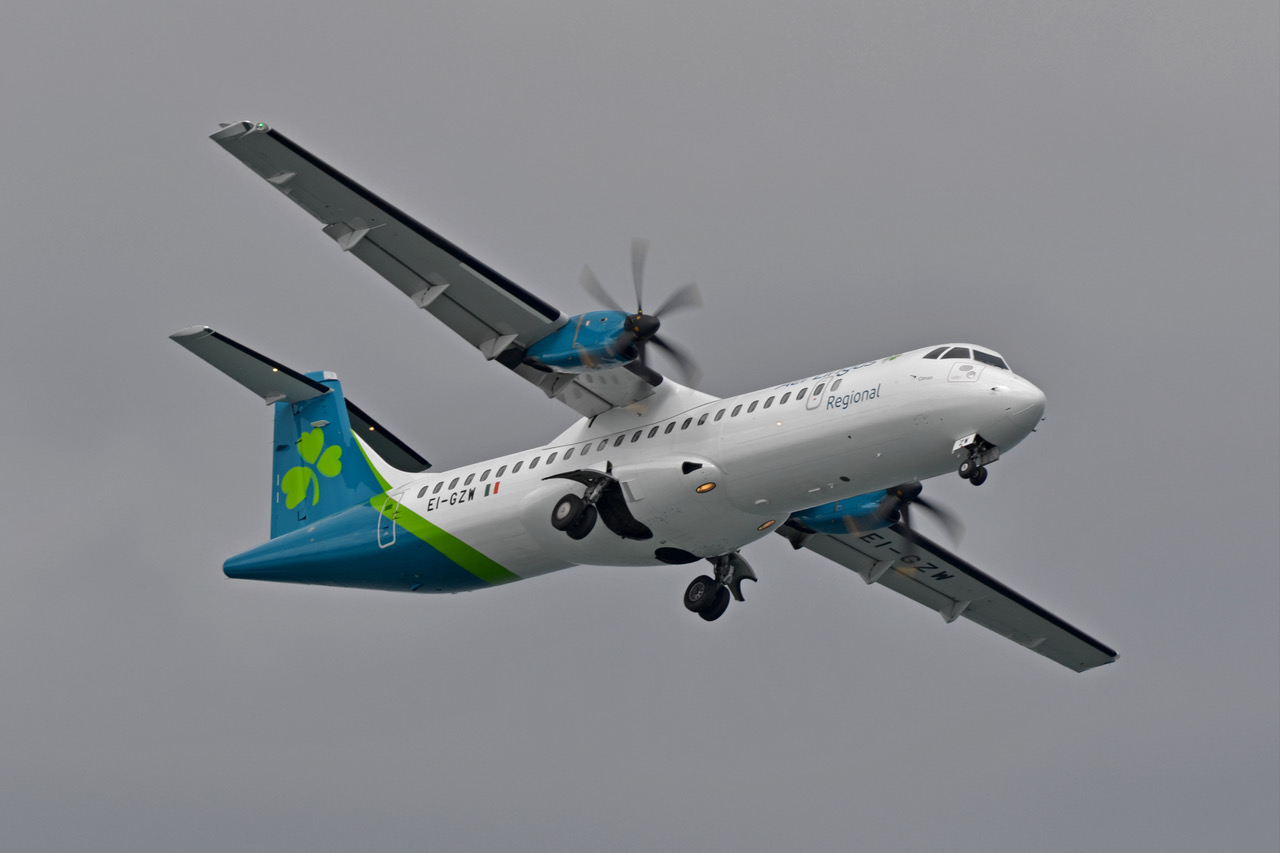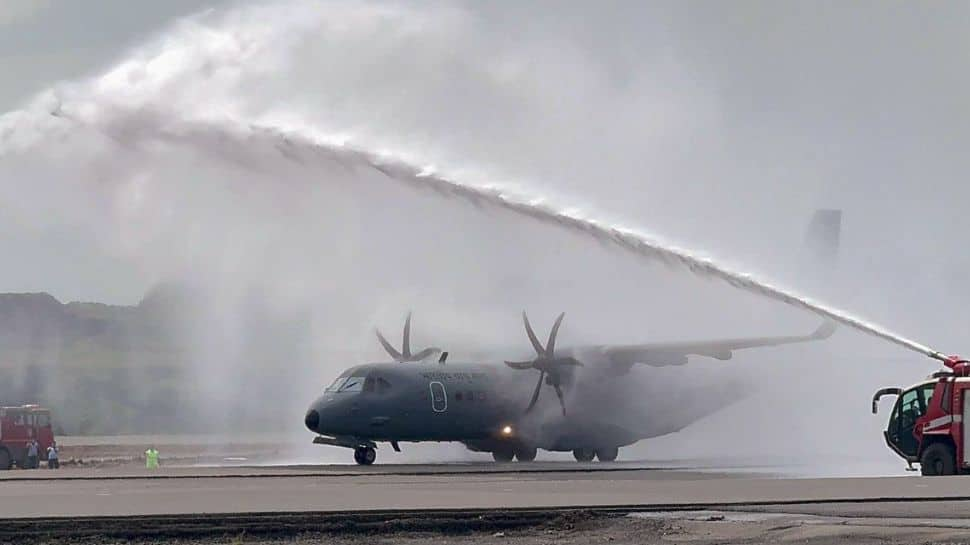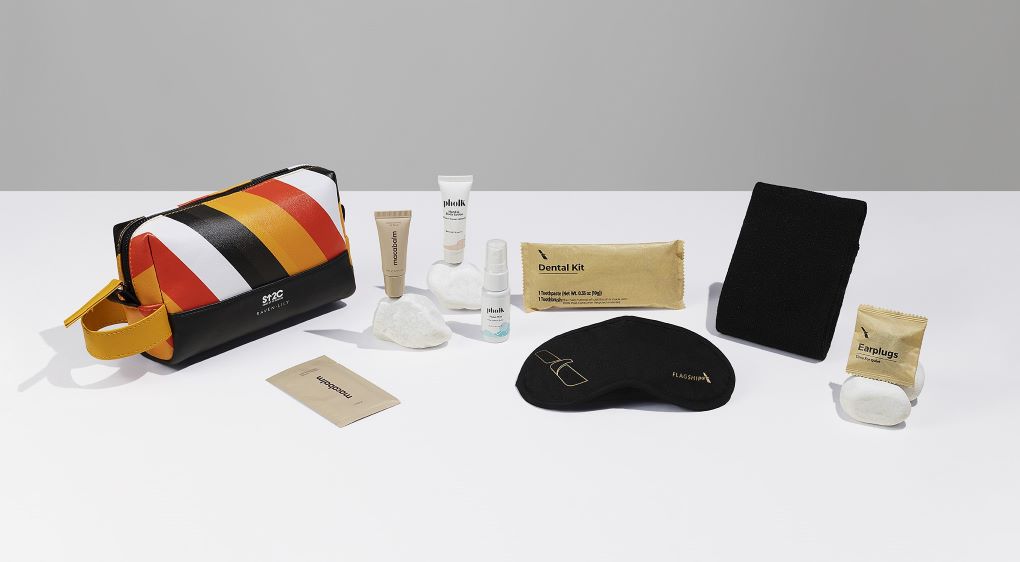Slowly but surely, airlines are making critical advancements, and some of these initiatives are getting lots of praise from travelers. Among them was American Airlines stepping in to end gate lice. Airlines are also changing the refund rules before the holidays, making the refund process a lot easier with automatic returns, without the trouble of filing paperwork.
We can add another strong development to the list. Apple has introduced its AirTag, in collaboration with the Find My network service. Airlines are joining forces with the latest initiative in an effort to soften the blow when a luggage is lost.
Let’s take a closer look at what it entails, and how travelers are reacting to the news.
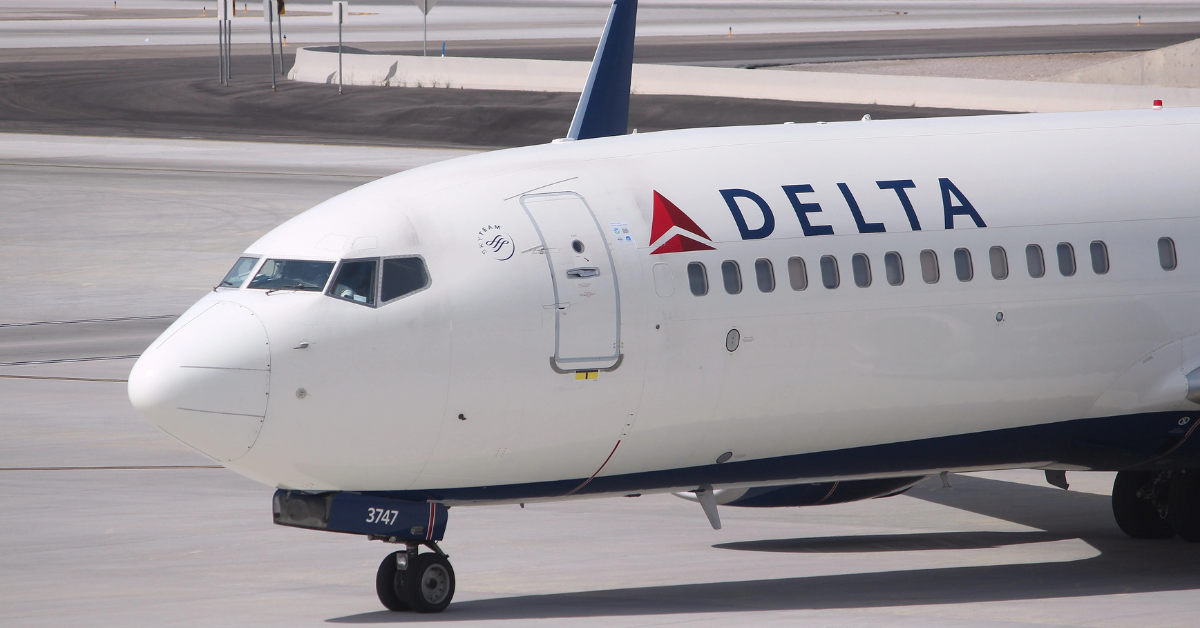
Related
Airlines React To New Presidency: Major Changes Looming
Airline experts predict a ‘hands-off’ approach from the new administration.
Apple’s AirTag Will Allow Users To Share Location Data With Airlines To Find Lost Bags
Apple is aiding the lost luggage cause for passengers in a major way thanks to their AirTag. In an effort to reduce lost luggage, the AirTag provides information on the location of the luggage, which can then be transferred to the airlines in an effort to reclaim it.
The new feature will be available as part of Apple’s new public beta of iOS 18.2, free to download for IPhone X users or those with a newer Apple device. The AirTag device will partner with The Find My network.
Eddy Cue, Apple’s senior vice president of services, explained the benefits of Apple’s innovation.
“Find My is an essential tool for users around the world to keep track of and find their belongings.”
- He continued, “The Find My network and AirTag have proven to be a powerful combination for users while traveling, providing invaluable location information when bags have been misplaced or mishandled. With Share Item Location, we’re excited to give users a new way to easily share this information directly with third parties like airlines, all while protecting their privacy.”
Travelers will be able to use their location with several airlines around the world. The current list includes:
- Delta Air Lines and United Airlines in the US
- Aer Lingus
- Air Canada
- Air New Zealand
- Austrian Airlines
- British Airways
- Brussels Airlines
- Eurowings
- Iberia
- KLM Royal Dutch Airlines
- Lufthansa, Qantas
- Singapore Airlines
- Swiss International Air Lines
- Turkish Airlines
- Virgin Atlantic
- Vueling
David Kinzelman, United’s chief customer officer, is hoping the addition of the Find My network will only enhance the process further.
“We know many of our customers are already traveling with AirTag in their checked bags, and this feature will soon make it easier for them to share location information with us safely and securely, helping our customer service agents work more efficiently and giving our customers added peace of mind.”
The innovation certainly makes the lost luggage process a little less stressful for travelers to deal with – especially with the holidays fast approaching.
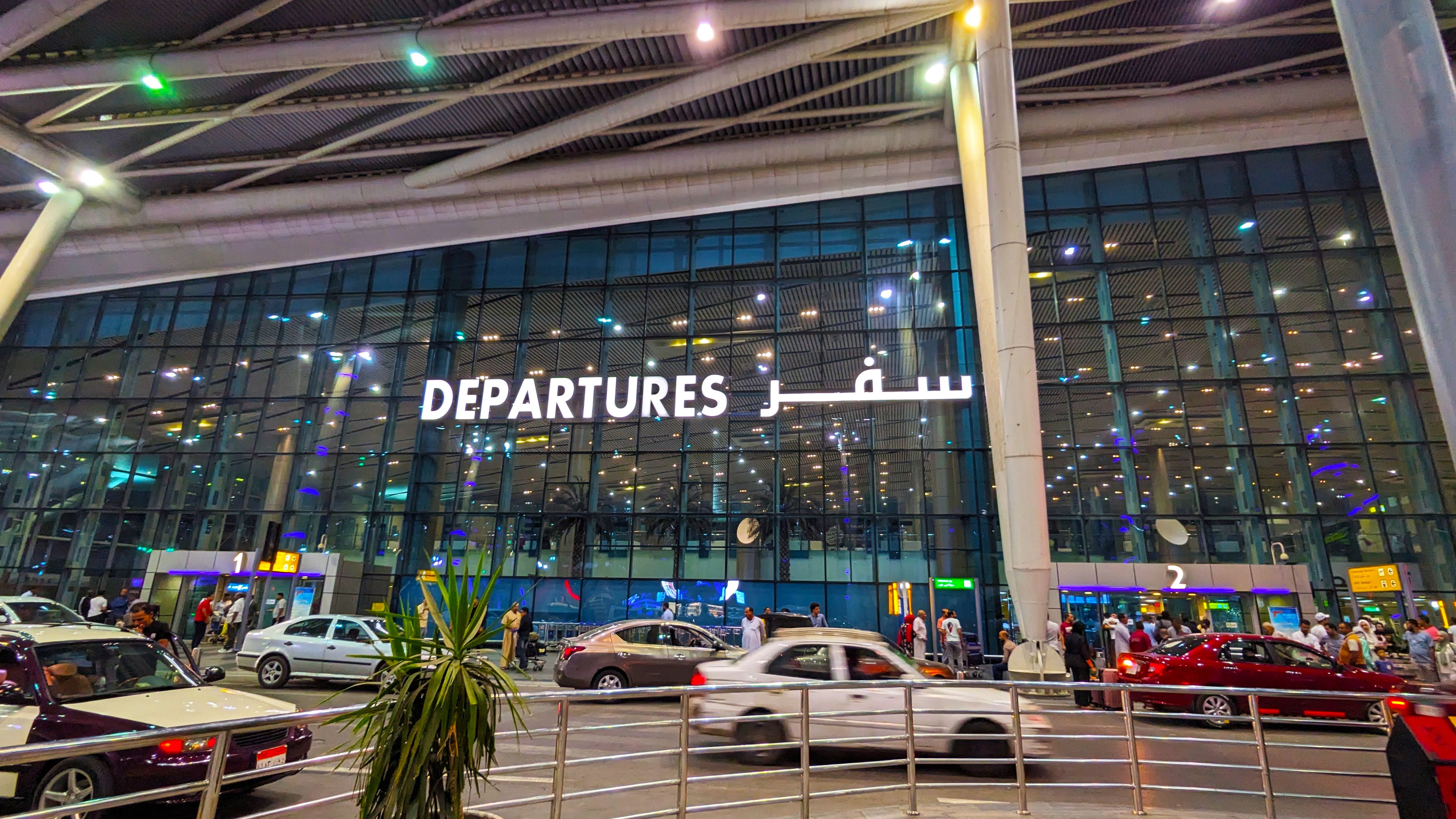
Related
Flight From Cairo Grounded After Airline Declares Bankruptcy
FlyEgypt is the latest airline to declare bankruptcy.
Travelers Are Reacting Positively To The Latest Attempt To Find Lost Luggage
Upset Woman Lost Baggage While Traveling By Plane
Over on platforms such as Reddit, the partnership between AirTag and the Find My network is receiving positive reviews. Most travelers feel as though this technology was long overdue.
One user wrote, “This is excellent news and a sign that the airlines are catching onto what the public wants. Hopefully, this will help people be reunited with their bags more easily and reduce the frustration of “seeing” your bag somewhere but struggling to get someone to help you find it.”
Another user wrote, “Honestly love how United has been catching up and actually improving their product. Love it. This is a nice feature to have.”
There was some backlash from Reddit users, especially in regard to American Airlines not signing up for the new feature. It remains to be seen if the airlines will have a change of heart. For the time being though, Delta and United Airlines are the only two that have agreed to use the technology.

